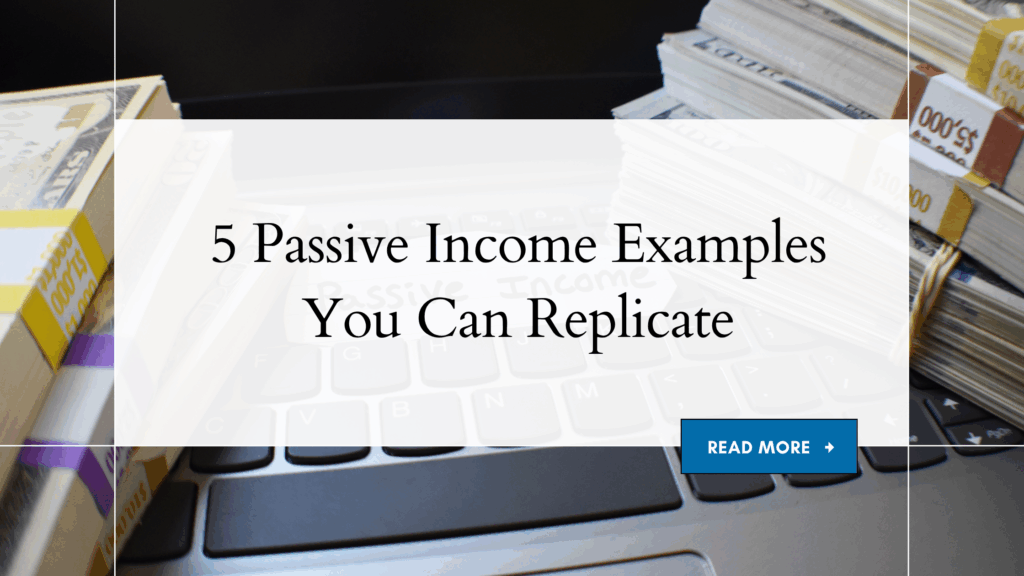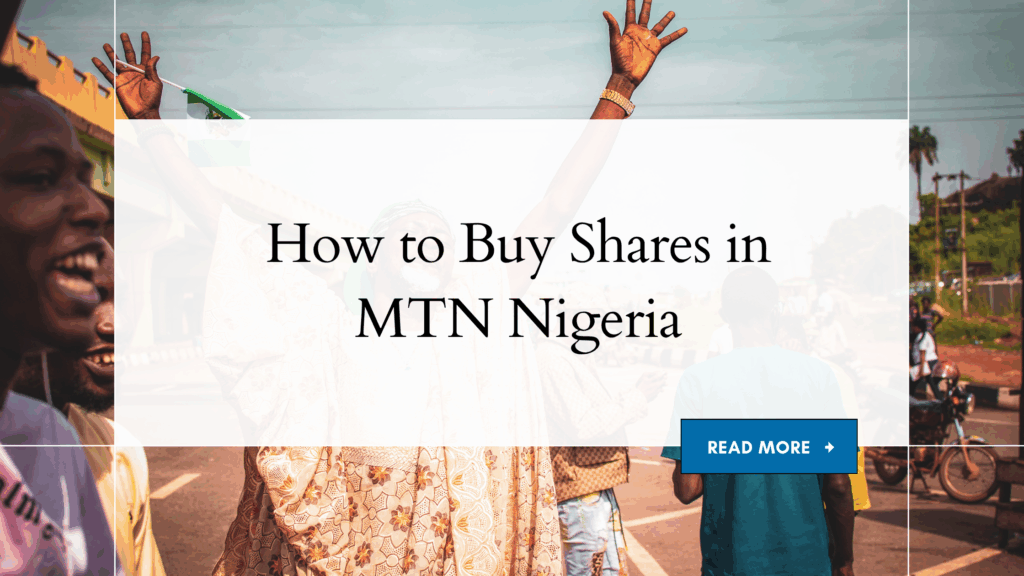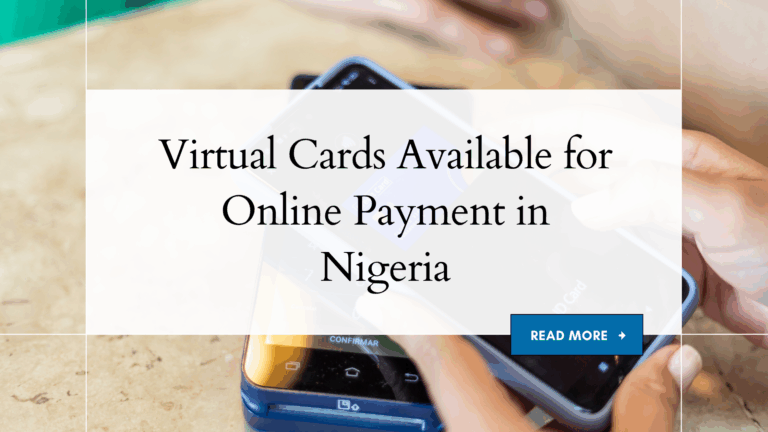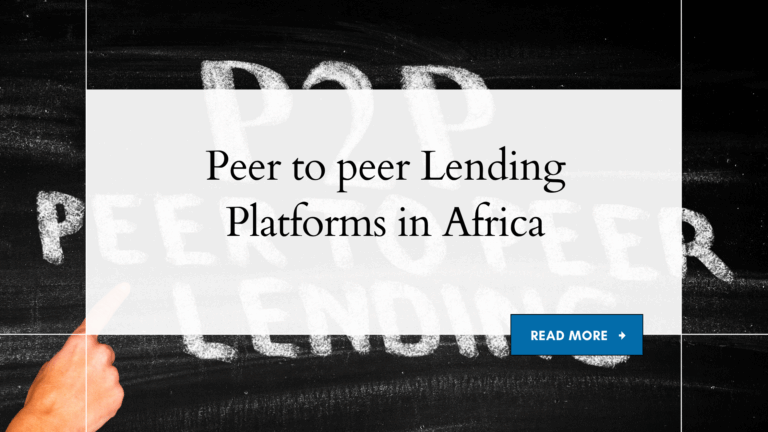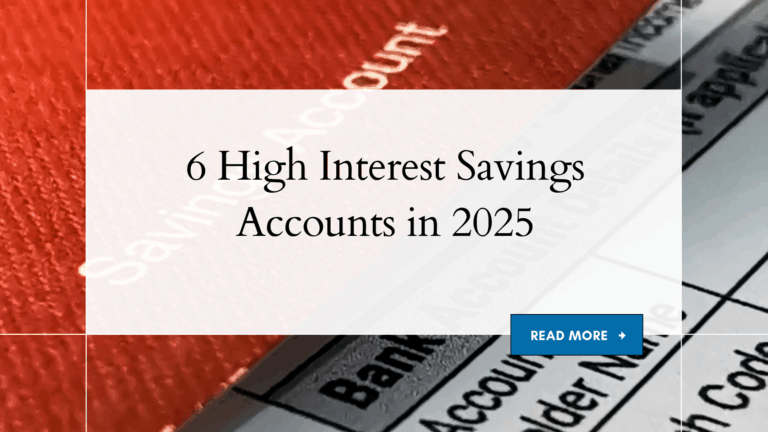In a country like Nigeria where the cost of living keeps rising and job security is far from guaranteed, building passive income streams is becoming a smart necessity. Passive income is money earned with little to no daily effort once the initial setup is done. While it’s not “easy money,” it can offer financial freedom and long-term security if done right.
If you’re looking for realistic, replicable passive income examples in Nigeria, here are five proven strategies to consider.
Invest in Dividend-Paying Stocks
One of the most traditional and accessible passive income examples is investing in dividend-paying stocks. When you own shares in a publicly listed company, you’re entitled to a portion of the company’s profits paid out as dividends.
Several Nigerian companies, such as GTCO, Zenith Bank, MTN Nigeria, and Nestle, pay consistent annual or quarterly dividends. You can start investing through local or global platforms like Chaka, Trove, or Bamboo with as little as ₦5,000.
Pro Tip: Reinvest your dividends to take advantage of compounding over time.
Create and Sell Digital Products
Digital products are one of the most scalable passive income options available today. These are items like eBooks, online courses, Canva templates, or even music loops, which you can create once and sell repeatedly with little to no inventory or overhead.
Nigerians are successfully selling:
-
eBooks on Amazon KDP
-
Courses on platforms like Selar or Udemy
-
Templates and designs on Gumroad or Paystack Storefront
If you have a skill—like graphic design, writing, coding, or fashion—you can turn that expertise into a digital product and earn money while you sleep.
Pro Tip: Promote your digital products using automated email funnels and social media scheduling tools.
Rent Out Property or Unused Space
Real estate remains a tried-and-tested way to earn passive income. In Nigeria, you can:
-
Rent out residential property for monthly income
-
List a room or apartment on Airbnb in cities like Lagos or Abuja
-
Lease out unused land for farming or events
-
Rent out shops or storage space in busy urban locations
While this method often requires a higher upfront investment, it can generate steady cash flow with minimal ongoing effort—especially if you use property managers or automated rental systems.
Pro Tip: Consider co-investing in property through real estate investment clubs if you’re short on capital.
Affiliate Marketing
Affiliate marketing allows you to earn a commission every time someone purchases a product or service through your referral link. It’s especially suitable for content creators, bloggers, and social media influencers.
You don’t need a website to get started—just a strong online presence. Platforms like:
-
Expertnaire (for digital products)
-
Jumia/Konga Affiliates (for e-commerce)
-
Amazon Associates (for physical/digital goods)
…allow Nigerians to earn by promoting relevant products to their audience.
Pro Tip: Focus on evergreen content like tutorials, reviews, or comparison guides to drive consistent traffic.
Monetized YouTube Automation Channels
You don’t need to appear on camera to earn from YouTube. Automated YouTube channels use voiceovers, stock footage, and AI tools to create engaging content in niches like tech reviews, finance, health, or storytelling.
Once monetized, these channels can earn income from:
-
YouTube AdSense
-
Sponsored content
-
Affiliate links
There are Nigerians making $200–$2,000 monthly from YouTube automation with smart content strategies and tools like Canva, Pictory, and ChatGPT for scripting.
Pro Tip: Stay consistent, optimize your SEO, and publish at least twice a week during the growth phase.
Final Thoughts
Building passive income in Nigeria is very doable—but it takes time, upfront effort, and consistency. Whether you choose to invest in stocks, create digital products, rent property, or build an automated YouTube channel, the key is to start small and grow steadily.
As you build multiple income streams, you’ll reduce financial stress and move closer to true financial independence. Start today—with what you have—and watch it grow.

